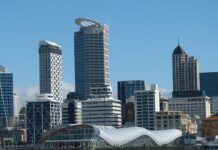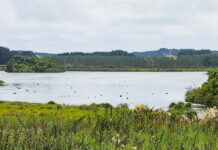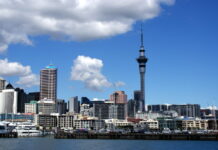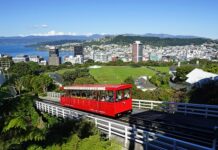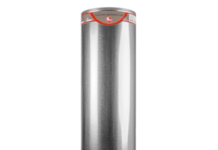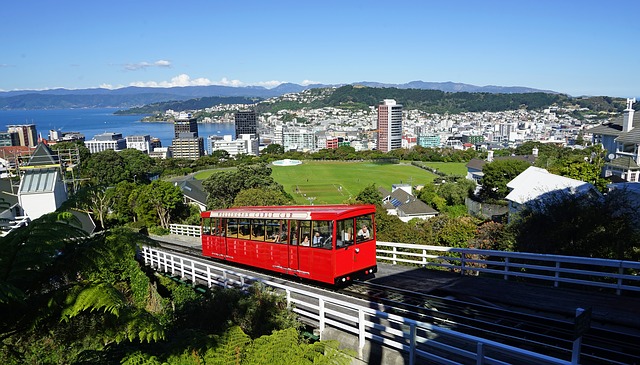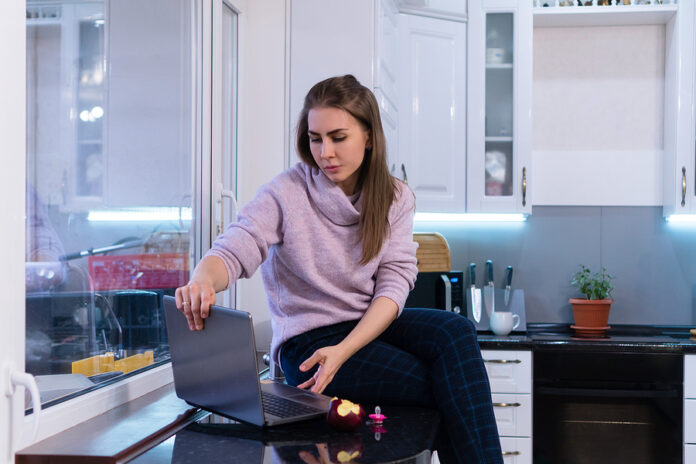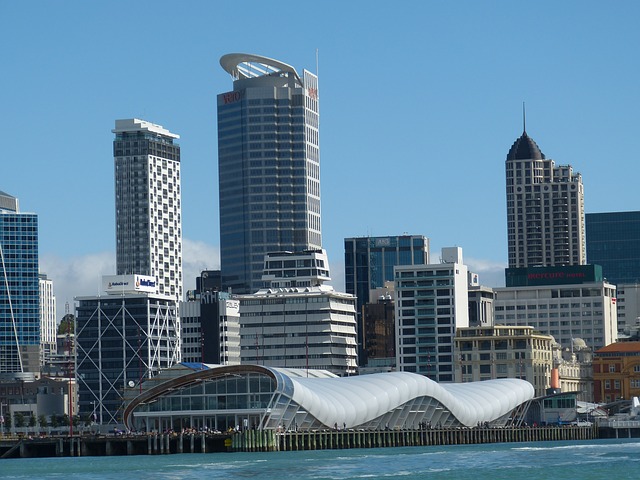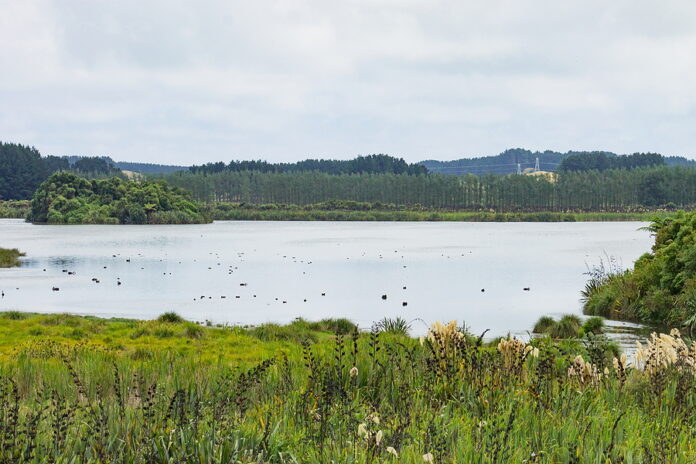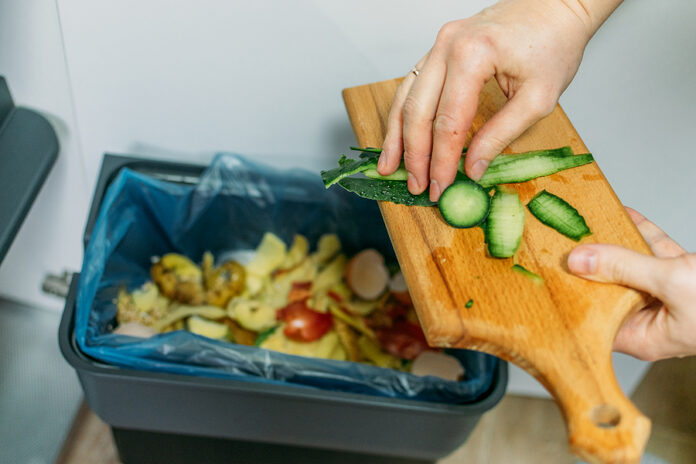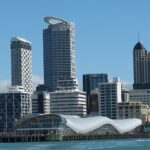Yoga is an excellent activity for all age groups. In this article, Russell Jack explains seven reasons why older adults should consider taking up yoga as a new fitness activity. As a yoga and meditation guru based in Southland, NZ, Russell Jack explores the physical and psychological reasons to practice yoga in the later years of life.
Yoga promotes a more positive outlook on life during menopause and increases balance, preventing accidental falls.
7 Reasons to Practice Yoga
1. Maintaining Independence

Many young people struggle to understand their parents’ or grandparents’ desire to remain independent for as long as possible. It may seem like a good idea to have mom move in with one of her children as she needs more care, but mom may resist. Staying independent is vitally important to many seniors. Yoga is a good way for older people to stay healthy enough to live on their own.
2. Improve Sleep

As we age, we often have trouble sleeping. A lack of activity or declining health may prevent older people from exerting enough energy throughout the day to create the conditions needed for a good night’s sleep. Regular exercise, including yoga, can be just what seniors need to stay alert during the day, avoid napping, and be ready to relax into a restful sleep at the end of the day.
3. Enhance Balance

A danger for older adults is injury from falling. Poor balance is common among senior citizens. It is considered by many to be a natural result of aging. One of the primary benefits of yoga for people of all ages is improved balance. It is an excellent way to combat the loss of balance typical among older people. It can help them avoid a dangerous fall.
4. Improve Flexibility

As we age, our bodies become less flexible. This inflexibility can cause significant mobility problems. Dressing and performing daily activities without help can become a challenge. The slow, measured, and incrementally more extensive range of motion exercises that are a part of yoga can help older people maintain flexible muscles and joints. Even after a range of motion has decreased from lack of use, yoga can help regain flexibility.
5. Strengthen Bones

Along with the dangers of poor balance, weak bones that can easily break due to a fall are a severe concern for senior citizens. Yoga can help seniors prevent the onset of osteoporosis. Osteoporosis causes bones to become brittle or weak and occurs when new bone creation can’t keep pace with the decrease of bone mass and density that occurs with aging.
6. Avoid Depression

A possible result of poor health, lower mobility, and decreased independence is depression. Depression among older adults is a serious problem. The loneliness often associated with becoming older is a significant contributing factor. Yoga is an excellent way for seniors to stay socially active. The evidence is growing that yoga practice is a relatively low-risk, high-yield approach to improving overall mental health.
7. Reduce Stress

One doesn’t always think of your “golden years” as stressful, but they often are. The financial restraints associated with retirement and worry about children and grandchildren will often cause stress for seniors. Yoga is widely considered an excellent stress management activity. If it works to manage stress for active young people, it will help older people too.
About Russell Herbert Jack
Russell Herbert Jack, a yoga and mindfulness teacher from Southland, New Zealand, is passionate about spirituality, the vegan lifestyle, animal rights, and living in sync with nature. Russell specializes in Vinyasa Yoga, Qigong, and guided meditations. Vinyasa yoga, or flow yoga, heightens consciousness by moving from one position to another seamlessly, using breath. Just like Vinyasa Yoga, Qigong has many healing properties to the body, mind, and spirit. He enjoys learning and writing about spirituality, meditation, and vegan lifestyle and sharing these valuable insights with his clients.



